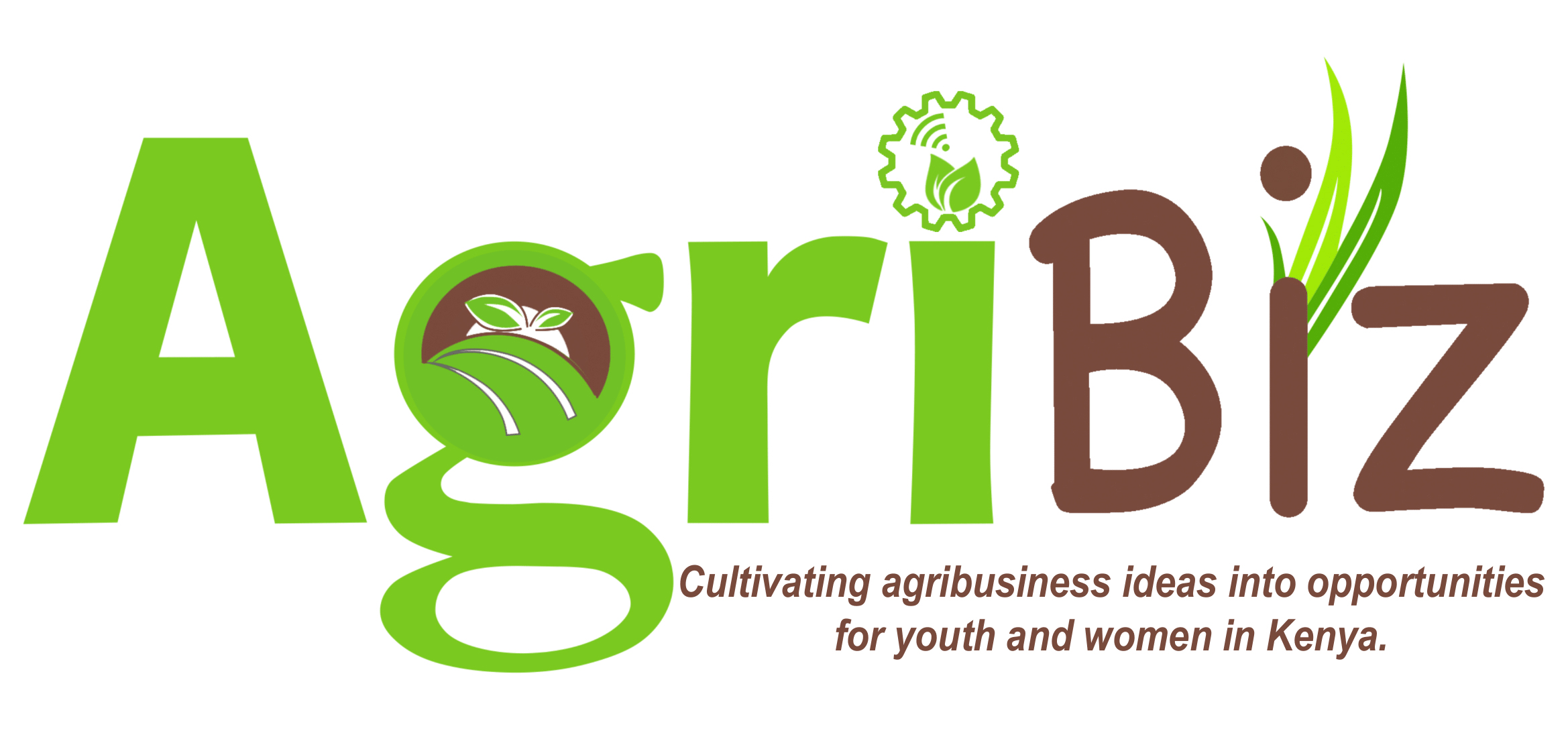Baraka Munene, a young dairy farmer who started his dairy farming business in his freshman year at the university in 2017, now boasts of a herd of high breed 10 cows that give him at least 100 litres of milk a day. A venture that has sustained his livelihood despite having little educational background.
Baraka, now in his mid-20’s started rearing dairy cows in 2018 during one of his long holidays at Kenyatta University.
“We had these long holidays between April and September; I had four months of free time, sitting at home doing nothing.. I decided to go to my neighbour who had a pig farm to see what goes on there. At the time, we were staying in Kitengela, Nairobi. My neighbour tried to explain to me how pig farming works, and I got interested. So he asked me to visit another farm still in Kitengela but doing large scale farming.”
Baraka notes that there was a student strike at the University when it was due for them to go back to school in September. That meant more time to stay at home and do nothing. This is where the idea to do dairy farming in his rural home was born.
“After visiting various successful dairy farmers, I realized that I could do something for myself. My parents had a farm in Tigania West, Meru County, but they were not interested in farming. So I decided to make good use of it,” Baraka says.
Baraka knew that having land was only a fraction of what he needed to start his dairy farm. He, therefore, sought to do his research. “I attended several agricultural expos and visited successful farmers. I then developed a business plan which I applied to Lion’s Den. I was not successful.”
The graduate of Economics did not lose hope. He went on and pitched the business plan to his father, who agreed to finance his venture. He acquired five cows and put up a structure.
Two years later, the enterprising farmer has since increased to 10 cows and four bulls. He gets 20 litres of milk from each cow a day which he sells to the local residents.
His secret is that, “Cows should be fed properly, as poorly fed cows take longer to conceive,” He notes that a healthy fertile cow should deliver at least one calf per year. Baraka feeds his cows on different meals such as Napier grass, maize stalks and wheat straw. For proteins, he feeds them on sweet potato vines, Lucerne & fodder tree leaves.
Baraka also advises farmers to feed lactating cows on minerals that increase milk yields, such as dairy lick, maclick super and unga high phosphorus.
In this part of the county, water is a problem. Baraka has, however, been able to install temporary tanks to ensure a consistent water supply for his animals. He is optimistic that the County government of Meru will be able to caution the community by providing ease of access to water.
To date, Baraka has employed people who help around on the farm, especially with planting animal feeds, mixing the harvest with concentrates and minerals, and feeding it to the animals. He is also looking to open a milk bar at the local shopping centre, providing more employment opportunities to the community members.
Besides the milk, Baraka plans to tap biogas from the cow dung, which he can package and use for heating water to clean the udders, wash, cook, and sell to other farmers.
The beneficiary of the AgriBiz programme is hopeful that the partnership with Kenya Climate Innovation Centre will enable him to scale up his business and increase his milk production.
Overall, the dairy industry in Kenya contributes approximately four per cent of the Gross Domestic Product and provides 750,000 and 500,000 direct and indirect jobs, respectively.
”There is a lot of money in the milk business and in selling cows that are getting old. Because of dairy farming, I live a comfortable life, I have been able to provide employment to many people. In addition, I can pay all my bills, including those from veterinary doctors.
So young people should not shy away from farming or see it as a ‘dirty job,” Baraka concludes.





